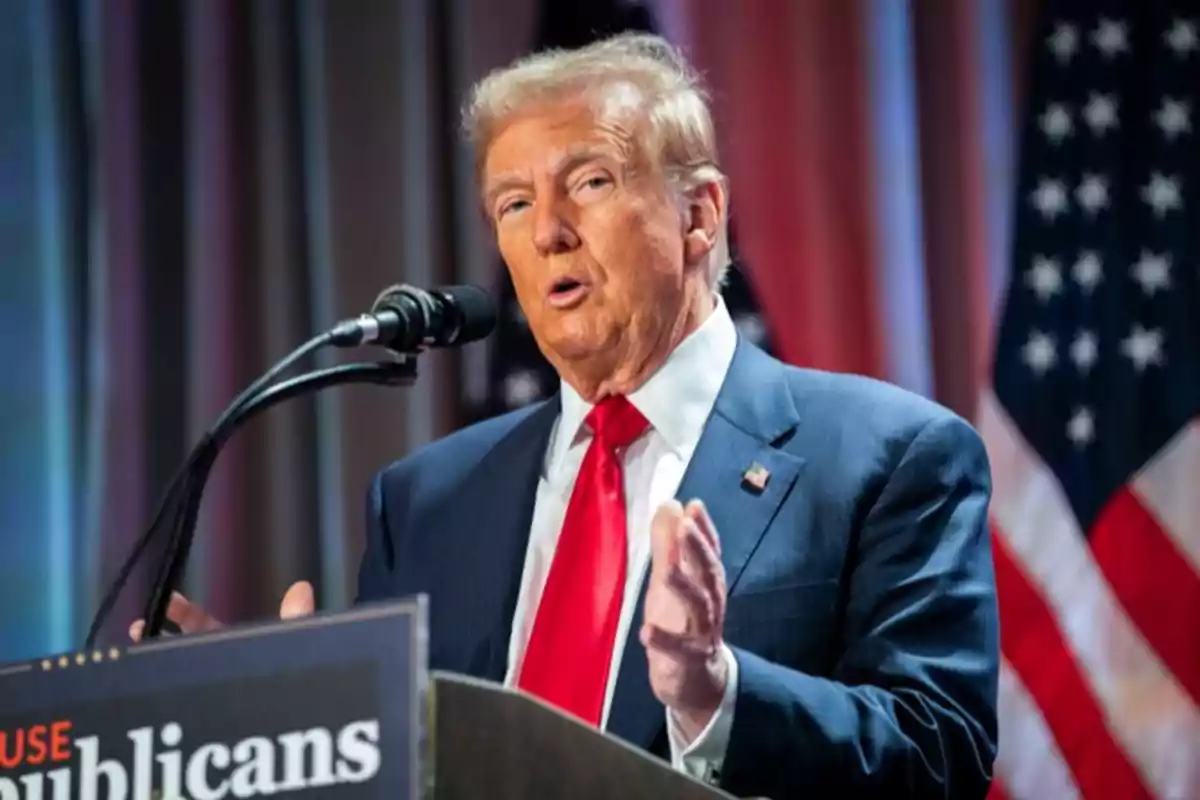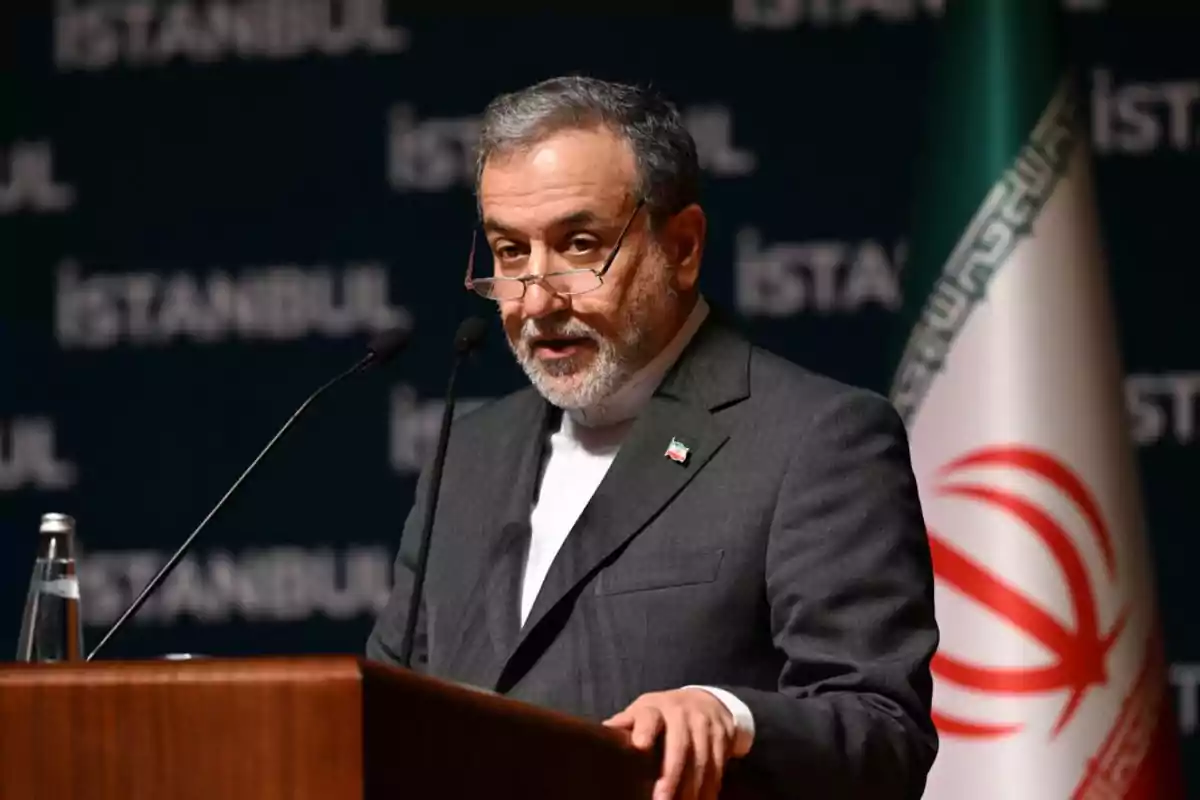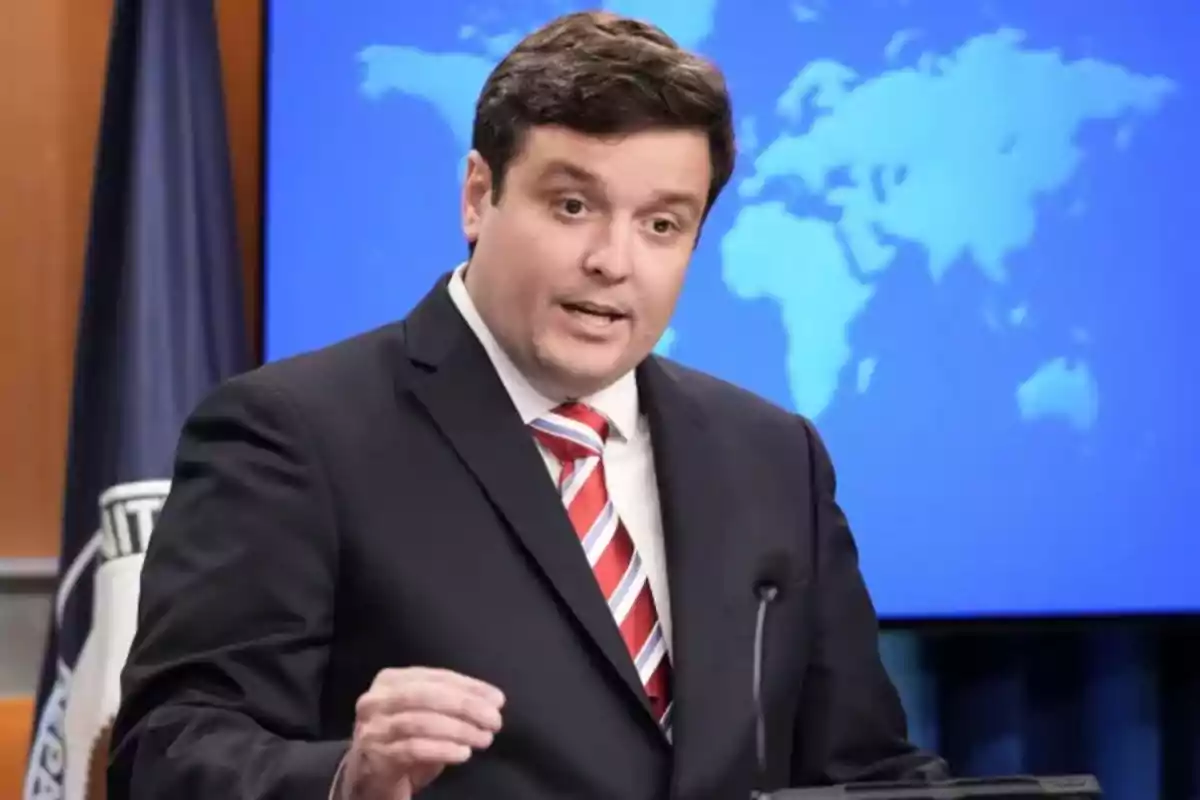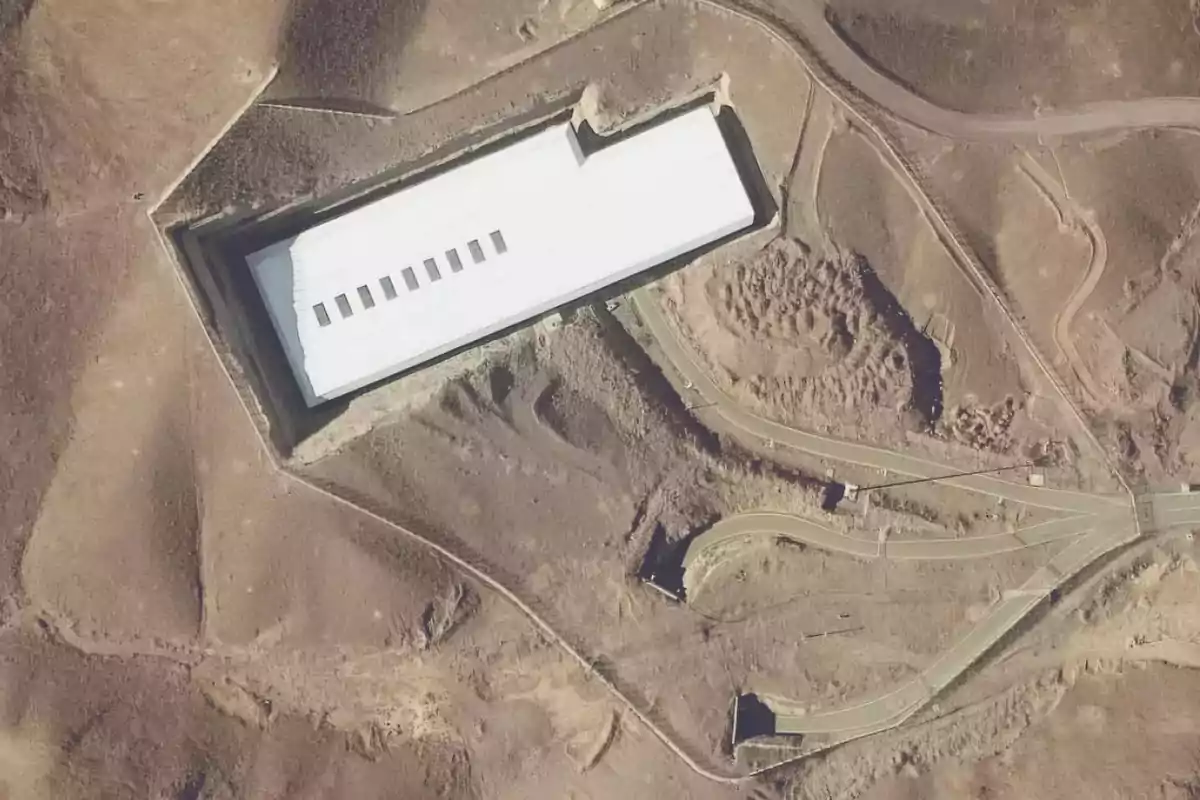
Iran attempted to extort the United States, and the Trump administration was unequivocal.
After the attacks carried out on Iranian nuclear facilities, Khamenei's regime demanded compensation from the United States for the damages
Since the 12-day war broke out in June between Iran, Israel, and later the United States, the Ayatollah's terrorist regime has attempted to pressure Washingtonby demanding economic compensation and security guarantees as a condition to resume nuclear negotiations.
In what analysts have interpreted as a clear attempt at extortion, Iranian Foreign Minister Abbas Araghchi stated that the United States had to "explain its aggression" and pay for the damages caused to its nuclear program.
Iran presented these demands after Israel launched a surprise attack on June 13 against Iranian territory, including nuclear sites and military bases, provoking a military response from Tehran and finally a direct intervention by the United States, which launched missiles against the nuclear facilities of Fordow and Natanz, obliterating the Ayatollah's nuclear plans.

United States responds to Iranian extortion.
The response from Donald Trump's administration was blunt. The Deputy Spokesperson for the State Department, Tommy Pigott, described the Iranian demands as "ridiculous" and accused the regime of applying pressure while continuing to fund terrorist groups in the region.
"If they really wanted to save money, they'd stop funding death squads and oppressing their people," Pigott said, reaffirming that the United States is willing to negotiate, but only if Iran acts first to reduce tension and demonstrates good faith.
The U.S. government made it clear that it will not yield to Iranian pressure or threats. Tehran's demand for "confidence-building measures," mainly money and non-aggression guarantees, was considered by Washington as an unacceptable form of blackmail.

The regime doubles down.
Instead of weakening its stance, the Trump administration hardened its position. Any progress in negotiations will depend exclusively on changes in the behavior of the Islamic regime.
Meanwhile, Iran has suspended its cooperation with the International Atomic Energy Agency (IAEA), and there are suspicions about its stockpile of enriched uranium, which underscores unacceptable behavior by the Persian country.
At the diplomatic level, Araghchi threatened to cut ties with Europe if the E3 countries (United Kingdom, France, and Germany) activate the "snapback" mechanism to restore UN sanctions.
This mechanism is a clause of the 2015 nuclear agreement signed by Obama that allows any member of the UN Security Council to automatically reimpose all sanctions against Iran if it is determined that Tehran has failed to meet its obligations. It doesn't require consensus, which prevents other countries from vetoing its activation.

More posts: